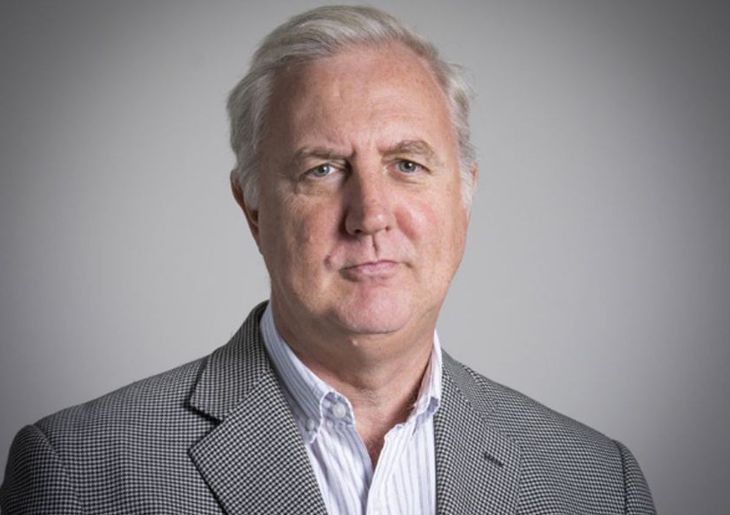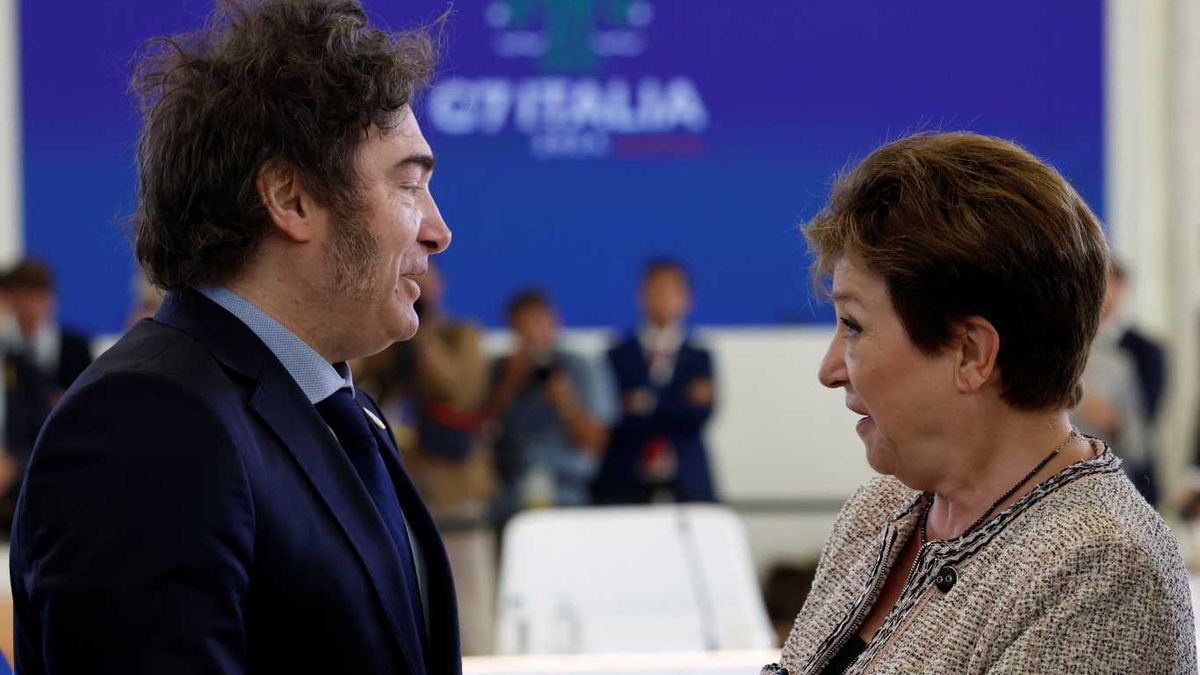Thus, llachwho in his extensive public career served as Vice Minister of Economy of the government of Carlos Menem and Minister of Education of the Alliance, concluded that “The global context is helping Argentina, for now, mainly due to the price of grains. And the same thing would happen with fuels if Vaca Muerta were running at full capacity”.
Juan José Llach.jpg
IAE Business School
The economist also referred to the current situation Eduardo Fracchia, director of the IAE economics areawhich analyzed the international context, which global recession continues due to the rise in interest rates in Europe and the United States, countries, which, he pointed out, “will have a difficult 2023 due to the rise in rates, while China will grow a little this year due to COVID and Brazil, with its significant fiscal deficit , it will be close to 1% growth next year”.
Regarding the local level, fracchia pointed out that Massa’s management continues to give specific stimuli, but “does not constitute a unified scheme”. In this sense, he pointed out that the field has liquidated many dollars during this year, but suffers from a drought that will continue in 2023, adding that it is key to end the Vaca Muerta pipeline to alleviate supply problems, as well as rebuild reserves in the Central Bank.
Eduardo Fracchia 1200

In this regard, he stated that “It seems that a major crisis is going to be overcome, but a very severe macro event could occur given that it is played at the limit. The fiscal adjustment continues to be made via liquefaction, using inflation”. Also, he added that “The Fund validates Massa’s management, which is far from structural reforms”, observing a conflictive 2023 due to the elections and internal elections in the two main forces.
Secondly, another IAE economist, Juan Manuel Jauregui He called for reducing economic imbalances by focusing on reducing expenses, increasing private investment and growth through the market. He even asked for a larger adjustment than that proposed by the Fund, since he pointed out that “the program with the International Monetary Fund establishes a primary fiscal deficit target of 2.5% of GDP for 2022 and a very minor reduction of only 0.6% to take it to 1.9% next year. There are many opportunities to reduce it more than agreed. Salary spending is expected at the same level of 2.9% of GDP, and as we well know there are many inefficiencies in salary spending where there are a large number of employees serving a political or prebendary role that can easily be rationalized”.
Finally, the research economist Martín Calveira, pointed out that a stabilization process could take place through a shock treatment program with profound measures such as reforms of the monetary system and fiscal accounts, together with adjustments in relative prices addressing the exchange rate, the interest rate and the prices of public services, although he added that “the success of this type of program depends of the management space with which it is available, which must be relatively broad given the abrupt change in regulations and institutionality of economic policies”, adding that it also “Program experiences are available with objectives established in different phases of adjustment and reordering of the economic system. In these phases, different measures of greater or lesser intensity are chosen, where the order of management will depend on the magnitude of the imbalances”.
image.png

Source: Ambito
David William is a talented author who has made a name for himself in the world of writing. He is a professional author who writes on a wide range of topics, from general interest to opinion news. David is currently working as a writer at 24 hours worlds where he brings his unique perspective and in-depth research to his articles, making them both informative and engaging.




